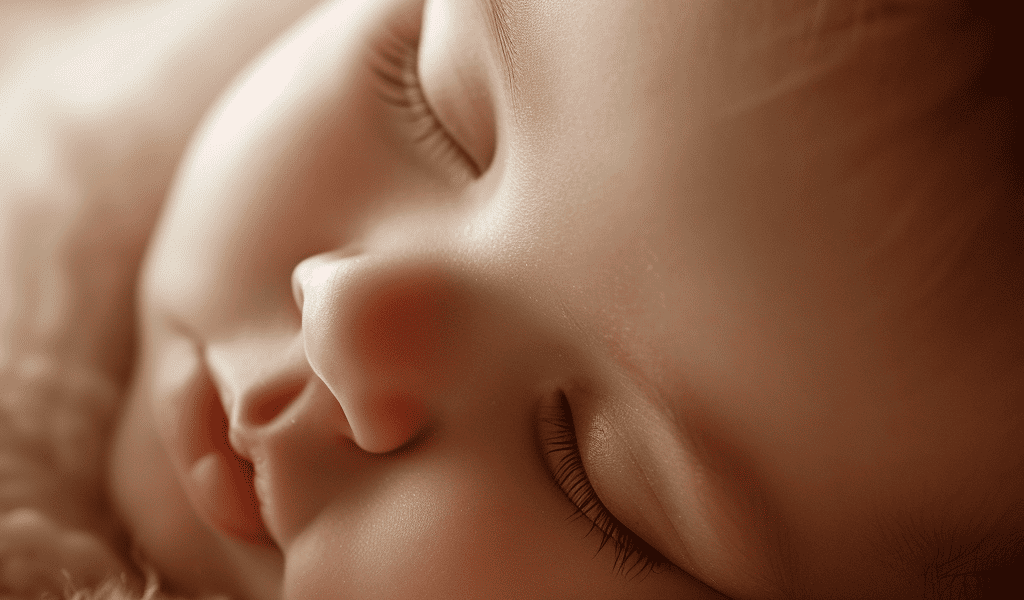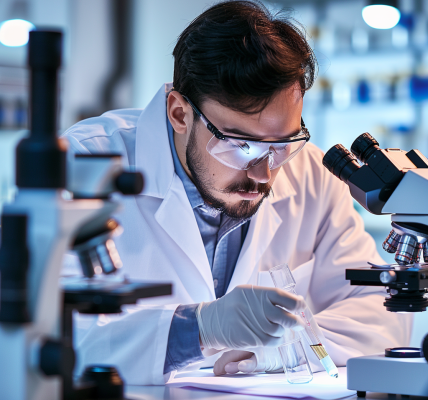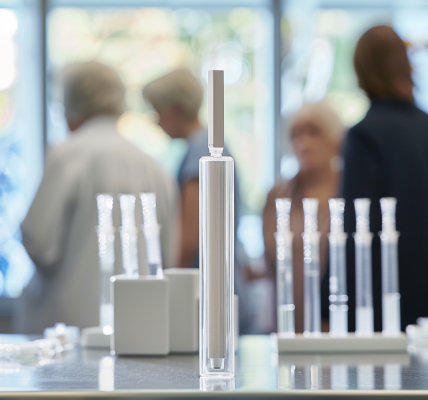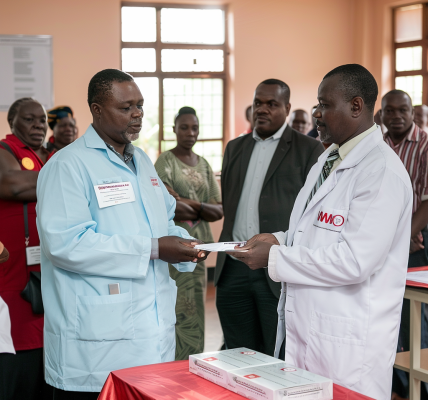Recent research published in Nature Communications has shed light on the potential respiratory distress experienced by uninfected neonates exposed to SARS-CoV-2. The study, titled ‘Respiratory distress in SARS-CoV-2 exposed uninfected neonates followed in the COVID Outcomes in Mother-Infant Pairs (COMP) Study,’ delves into the implications of maternal COVID-19 vaccination on neonatal respiratory distress.
The research, conducted in Los Angeles, CA, involved 221 mothers with confirmed SARS-CoV-2 during pregnancy and 227 exposed fetuses. The study aimed to explore the relationship between maternal COVID-19 vaccination and neonatal respiratory distress, utilizing a longitudinal cohort of mother-infant pairs.
The findings revealed that unvaccinated individuals had a significantly higher odds ratio of respiratory distress in term neonates compared to those born to vaccinated individuals prior to maternal infection. The study observed unusually high rates of respiratory distress in SARS-CoV-2 exposed uninfected infants, with a 17% incidence.
Furthermore, the research employed a multivariable logistic regression model and proteomic sub-analysis to elucidate the associations between maternal COVID-19 parameters and infant respiratory distress. The proteomic analysis uncovered a robust inflammatory response linked to ciliary dysregulation and enhanced IgE production among SARS-CoV-2 exposed uninfected neonates with respiratory distress.
One of the key conclusions drawn from the study is the potential of maternal vaccination against COVID-19 to reduce the frequency of neonatal respiratory distress. The findings underscore the importance of exploring the long-term consequences of SARS-CoV-2 exposure during pregnancy and the potential benefits of maternal vaccination in mitigating adverse neonatal outcomes.
This research adds to the growing body of evidence surrounding the impact of SARS-CoV-2 infection during pregnancy and reinforces the significance of vaccination in safeguarding maternal and neonatal health.





